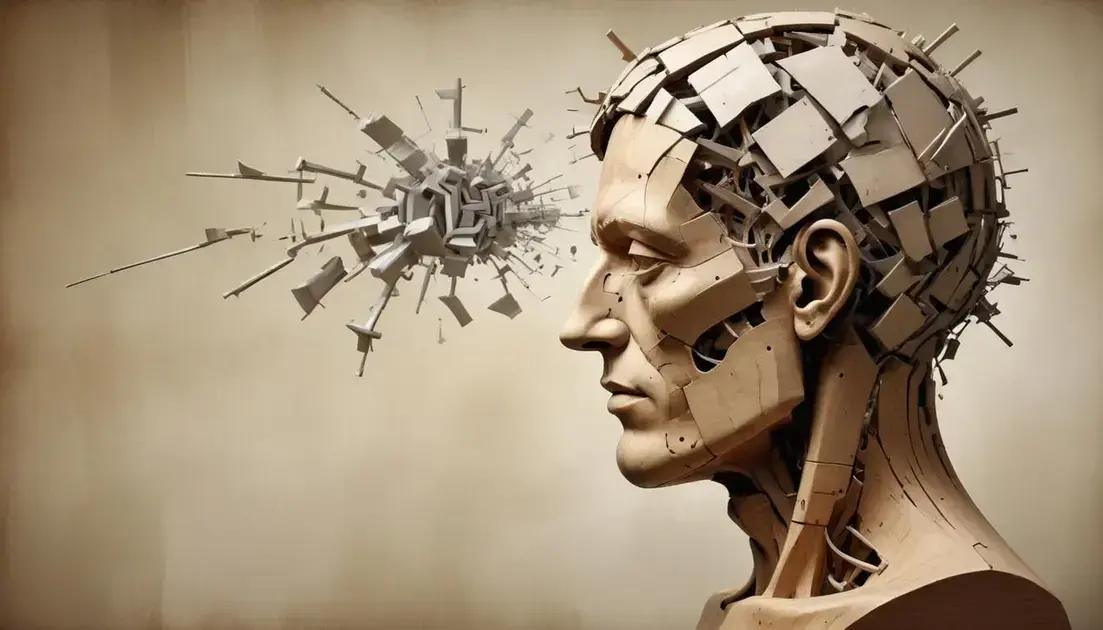
Margaret Thatcher: The Iron Lady and Her Relentless Politics
Margaret Thatcher, known as the Iron Lady, was the first female Prime Minister of the UK, serving from 1979 to 1990. Her policies, known as Thatcherism, emphasized free markets, privatization, and reducing the power of trade unions. While she is credited with revitalizing the British economy, her tenure also saw increased unemployment and social unrest. Thatcher’s leadership inspired many women to pursue political careers and changed perceptions of female leadership. Her legacy continues to spark discussions on politics and economics worldwide.
Thatcherism was more than just a political ideology; it represented a fundamental shift in British society. Curious about how this one woman altered the global political landscape?
Introduction to Margaret Thatcher’s Impact
Margaret Thatcher was a groundbreaking leader known as the Iron Lady. She changed how people think about politics and leadership. Her policies shaped not just the UK but also influenced the world.
Thatcher’s Early Life
Born in 1925, she grew up in a small town in England. Her father was a shopkeeper, which taught her the value of hard work. She later attended Oxford University, where she studied chemistry. This education gave her a strong foundation for her future political career.
Becoming Prime Minister
In 1979, she became the first woman Prime Minister of the UK. Her leadership style was bold and unyielding, earning her the nickname the Iron Lady. She made tough decisions to tackle inflation and economic decline.
Economic Reforms
Thatcher introduced several reforms known as Thatcherism. She focused on free markets and reduced government control on the economy. These changes led to growth but also sparked debates about fairness and social justice.
Impact on Women
Thatcher’s success inspired many women to enter politics and business. She showed that women could lead at the highest levels. This opened doors for future generations.
Global Influence
Her leadership during the Cold War was significant. She forged a strong relationship with U.S. President Ronald Reagan, working together against communism. This helped shape the political landscape of the 1980s.
Thatcher’s Economic Reforms
Thatcher’s economic reforms changed the UK forever. One of her main goals was to reduce inflation. She believed that a free market would solve many problems. To achieve this, she cut government spending and taxes.
Privatization of State-Owned Industries
Thatcher pushed for privatization. This means selling state-owned companies to private investors. She sold British Telecom, British Gas, and more. This created competition, which often led to better services and lower prices.
Reducing Trade Union Power
Another key reform was limiting trade unions. Thatcher wanted to reduce their influence over the economy. She introduced laws that made strikes harder. This aimed to stabilize the economy and reduce disruptions.
Encouraging Entrepreneurship
Thatcher wanted to inspire entrepreneurship. She believed that small businesses were vital for growth. By lowering taxes and reducing red tape, she made it easier for people to start their own businesses.
Impact on Unemployment
However, these reforms had mixed results. While they stimulated growth, unemployment rose initially. Many factories and industries closed down. This hardship hurt communities, but it also set the stage for future recovery.
The Rise of the Financial Sector
Thatcher’s policies boosted the financial sector. London became a global financial hub. Investment and innovation grew, attracting businesses from around the world.
The Role of Women in Politics
Women’s role in politics has changed significantly over the years. Margaret Thatcher was a major figure in this shift. As the first female Prime Minister in the UK, she paved the way for women in leadership.
Breaking Barriers
Thatcher broke many barriers. Before her, few women held high political positions. She showed that women could lead with strength and determination. This inspired many young women to pursue careers in politics.
Representation Matters
Representation is crucial in government. Having women in power leads to diverse perspectives. Different viewpoints can tackle issues in unique ways. This can improve decision-making and policies that affect everyone.
Changing Perceptions
Thatcher changed how people viewed female leaders. Before her, stereotypes about women in politics were common. She defied those stereotypes with her approach and policies. This helped other women gain respect in political fields.
Mentorship and Support
Women in politics often support each other. Mentorship programs help new female politicians grow. Having role models is important for women looking to enter politics. It creates a network that encourages success.
Continuing the Momentum
Though progress has been made, there’s still work to do. More women need to run for office. Today’s leaders should inspire the next generation. Empowering women is vital for a balanced and fair political climate.
Thatcher’s Legacy and Influence
Margaret Thatcher’s legacy is significant in many ways. She transformed the political landscape in the UK and beyond. Her policies and style left a lasting impact on future leaders.
Economic Shifts
Thatcher’s economic reforms changed the direction of British politics. By introducing free-market principles, she revitalized the economy. This led to both praise and criticism, yet her influence is undeniable.
Political Inspiration
Thatcher inspired many leaders, especially women. Her example showed that women could lead effectively. Leaders like Angela Merkel and Nikki Haley often reference Thatcher in their journeys.
Controversial Figure
While many admire her, others remember the social pains during her time. High unemployment rates and community struggles occurred due to her policies. This duality makes her a controversial figure in history.
Global Impact
Thatcher’s foreign policies shaped international relations. She was a key player in the Cold War, supporting anti-communist efforts. Her relationship with Ronald Reagan strengthened Western alliances.
Cultural Influence
Thatcher influenced culture as well. The way people view women in power changed because of her leadership. This shift in perception inspired countless women to pursue leadership roles in various fields.
Conclusion
Margaret Thatcher remains a key figure in modern history. Her influence changed the political landscape in the UK and around the globe. Through her bold leadership, she inspired many and sparked important conversations.
Legacy of Change
Her policies reshaped the economy and challenged traditional views. This legacy continues to spark debates today. Leaders from all walks of life still reference her impact.
Empowering Future Generations
Thatcher’s journey opens doors for future leaders, especially women. Her success in politics encourages many to pursue their dreams. The world benefits from diverse perspectives in leadership roles.
Enduring Conversations
Although opinions about Thatcher vary widely, her influence can’t be ignored. She remains a topic of discussion in politics, economics, and women’s rights. Understanding her legacy helps us learn from the past.
Conclusion
In conclusion, Margaret Thatcher’s impact on politics and leadership is truly remarkable. Her journey as the first female Prime Minister shows the power of determination and strong leadership. By changing economic policies and supporting women’s roles in government, she left a lasting legacy.
Thatcher inspired many to pursue leadership roles, especially women. Her story encourages future leaders to believe in their abilities. While opinions about her vary, her influence on the world continues to spark important conversations.
Understanding Thatcher’s legacy helps us learn valuable lessons about leadership and resilience. As we reflect on her contributions, we can see the importance of diverse voices in shaping our future.


